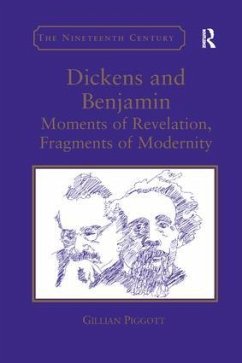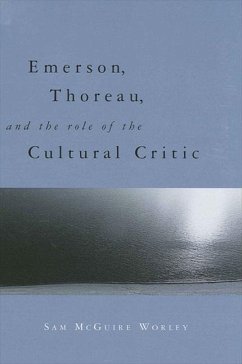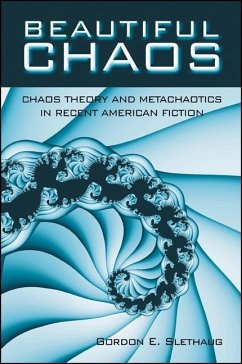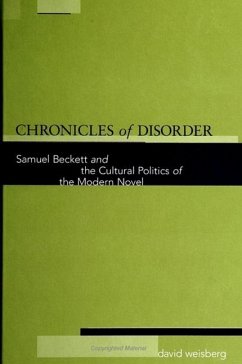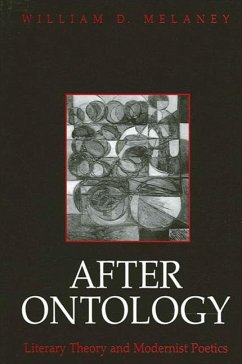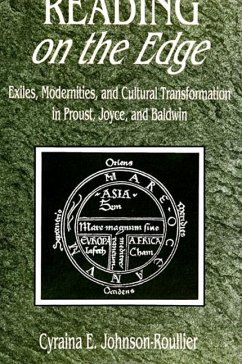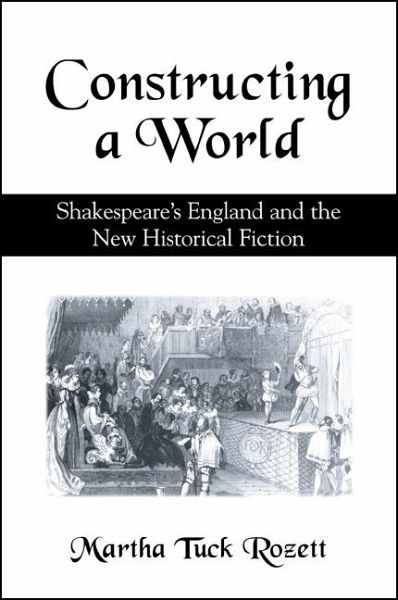
Constructing a World
Shakespeare's England and the New Historical Fiction
Versandkostenfrei!
Nicht lieferbar
Taking its title from Umberto Eco's postscript to The Name of the Rose, the novel that inaugurated the New Historical Fiction in the early 1980s, Constructing the World provides a guide to the genre's defining characteristics. It also serves as a lively account of the way Shakespeare, Marlowe, Raleigh, Queen Elizabeth I, and their contemporaries have been depicted by such writers as Anthony Burgess, George Garrett, Patricia Finney, Barry Unsworth, and Rosalind Miles. Innovative historical novels written during the past two or three decades have transformed the genre, producing some extraordina...
Taking its title from Umberto Eco's postscript to The Name of the Rose, the novel that inaugurated the New Historical Fiction in the early 1980s, Constructing the World provides a guide to the genre's defining characteristics. It also serves as a lively account of the way Shakespeare, Marlowe, Raleigh, Queen Elizabeth I, and their contemporaries have been depicted by such writers as Anthony Burgess, George Garrett, Patricia Finney, Barry Unsworth, and Rosalind Miles. Innovative historical novels written during the past two or three decades have transformed the genre, producing some extraordinary bestsellers as well as less-widely-read serious fiction. Shakespearean scholar Martha Tuck Rozett engages in an ongoing conversation about the genre of historical fiction, drawing attention to the metacommentary contained in "Afterwords" or "Historical Notes"; the imaginative reconstruction of the diction and mentality of the past; the way Shakespearean phrases, names, and themes are appropriated; and the counterfactual scenarios writers invent as they reinvent the past.





